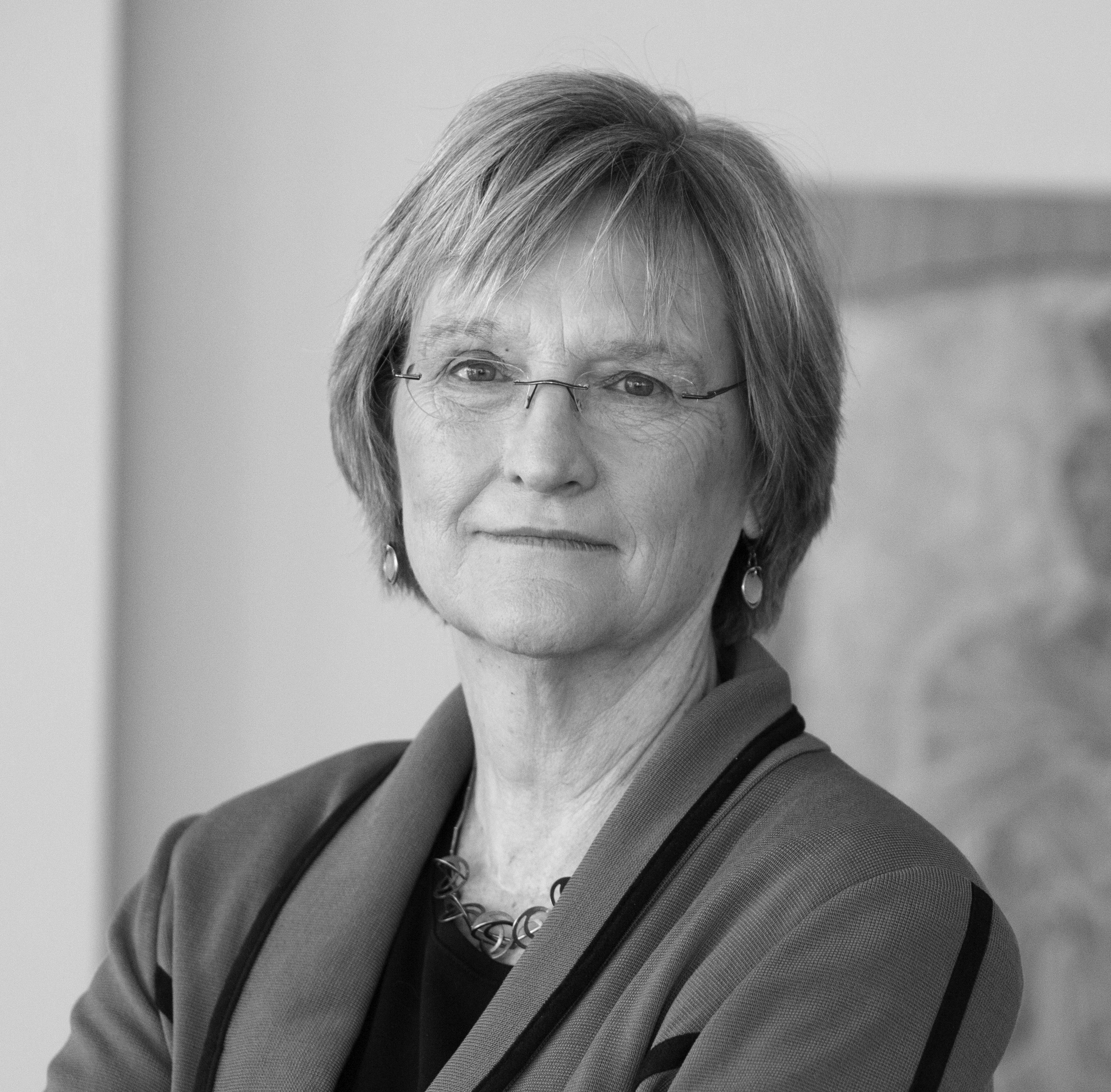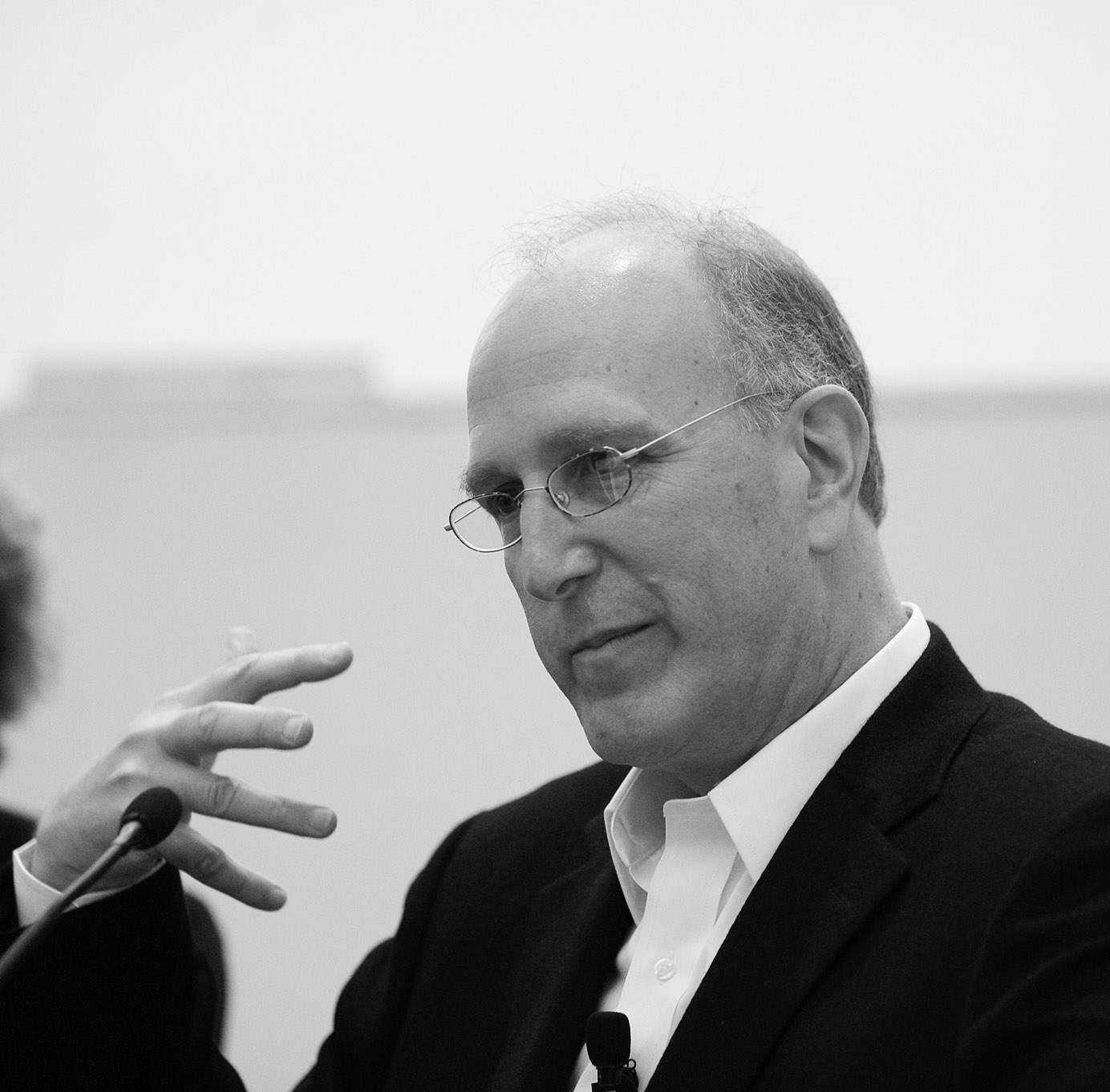Speakers (in alphabetical order)
 Drew Gilpin Faust
Drew Gilpin Faust
Drew Gilpin Faust is the 28th President of Harvard University and the Lincoln Professor of History in Harvard’s Faculty of Arts and Sciences. As president of Harvard, Faust has expanded financial aid to improve access to Harvard College for students of all economic backgrounds and advocated for increased federal funding for scientific research. She has broadened the University’s international reach, raised the profile of the arts on campus, embraced sustainability, launched edX, the online learning partnership with MIT, and promoted collaboration across academic disciplines and administrative units as she guided the University through a period of significant financial challenges. She is the author of six books, including This Republic of Suffering: Death and the American Civil War (2008), for which she won the 2009 Bancroft Prize, the New-York Historical Society’s 2009 American History Book Prize, and which was included in the New York Times’ “Ten Best Books of 2008.” It is the basis for a 2012 Emmy-nominated episode of the PBS American Experience series titled, “Death and the Civil War,” directed by Ric Burns.
 Jerold Kayden
Jerold Kayden
Jerold Kayden is the Frank Backus Williams Professor of Urban Planning and Design. His research and teaching focus on the relationship between law and the built environment and public-private urban development. He has also authored numerous articles on such subjects as property rights, smart growth, design codes, historic preservation, and market-based regulatory instruments. As urban planner and lawyer, Kayden has advised governments, non-governmental organizations, and private developers around the world.
 Ali Malkawi
Ali Malkawi
Ali Malkawi, Ph.D., is the Founding Director of the Harvard Center for Green Buildings and Cities (CGBC) and Professor of Architectural Technology at the GSD. Malkawi is an international scholar and expert in building simulation, energy conservation, and sustainability in buildings. He teaches architectural technology and computation and conducts research in the areas of computational simulation, building performance evaluation, and advanced visualization. As Director of the CGBC, he is leading a multidisciplinary team to undertake research devoted to all aspects of building development, design, construction, and operation. Malkawi is a part of several large scale research initiatives and is the recipient of several prestigious prizes and grants. He has lectured and conducted research at numerous universities, conferences, and public events. Previously he has taught at Georgia Institute of Technology, University of Michigan, and the University of Pennsylvania, where he was a Professor of Architecture, the Chairman of the Graduate Group in Architecture, and Founder and Director of the T.C. Chan Center for Building Simulation and Energy Studies.
 Mohsen Mostafavi
Mohsen Mostafavi
Mohsen Mostafavi is the Dean of the Harvard Graduate School of Design and the Alexander and Victoria Wiley Professor of Design. His work focuses on modes and processes of urbanization and on the interface between technology and aesthetics. He was formerly the Gale and Ira Drukier Dean of the College of Architecture, Art and Planning at Cornell University, and the Chair of the Architectural Association (AA) School of Architecture in London. He studied architecture at the AA, and undertook research on counter-reformation urban history at the Universities of Essex and Cambridge. He has also taught at the University of Pennsylvania, University of Cambridge, and the Frankfurt Academy of Fine Arts (Städelschule). Mostafavi serves on the steering committee of the Aga Khan Awards for Architecture and is actively involved with the Holcim Awards, which celebrates outstanding sustainable built environments worldwide. His many publications include Ecological Urbanism (2010), which argues for an ecological approach to cities.
 Erika Naginski
Erika Naginski
Erika Naginski is Professor of Architectural History and Director of the Ph.D. Program in Architecture, Landscape Architecture, and Urban Planning at the Harvard Graduate School of Design. Her writings focus on European architectural traditions, the history of public space, and the critical traditions of the design disciplines. Her publications include The Return of Nature: Sustaining Architecture in the Face of Sustainability (2014), coedited by Preston Scott Cohen; Sculpture and Enlightenment (2009), a study of public art and architecture in an age of revolutionary politics; and Polemical Objects (2004), coedited by Stephen Melville, which explores the philosophy of medium in Hegel, Heidegger, and others.
 Hui Ka Yan
Hui Ka Yan
Hui Ka Yan is the Founder and Chairman of the Evergrande Real Estate Group, an integrated corporation with diverse holdings in residential
building, cultural tourism, FMCG (fast-moving consumer goods), agriculture, dairy, livestock farming, and sport industry, with ¥460 billion (US$75.2 billion) worth of total assets and 80,000 employees. Since 2003 Hui has served as a Professor of Management Science and Doctoral Supervisor at Wuhan University of Science and Technology. Socially and politically engaged, Hui is a member of the Standing Committee for the Chinese People’s Political Consultative Conference (CPPCC) National Committee, China’s political advisory body. Additionally, he serves as vice president of China Enterprise Confederation, China Entrepreneur Association, and China Real Estate Association. He has topped Forbes’ annual list of philanthropists in China for the past two years. He was the recipient of the honor of National Model Worker, one of the highest civilian honors in China, awarded by the State Council.
Challenge Presenters (in alphabetical order)
 James Carpenter
James Carpenter
James Carpenter is President and Founder of James Carpenter Design Associates. In the 1970s, his study of architecture and art led to a practice producing both art gallery installations featuring light, film and glass and the development of new glass materials at Corning Glass Works. Since establishing his cross-disciplinary practice in 1978, James Carpenter Design Associates has been integrating a synthesis of experiential light into urban landscapes for both private and institutional clients such as museums, universities, city agencies and developers. Carpenter is the recipient of numerous awards including the American Academy of Arts and Letters Architecture Award, the American Institute of Architects Honor Award and a MacArthur Foundation Fellowship.
 Gordon Gill
Gordon Gill
Gordon Gill, FAIA, OAA, AIBC, is one of the world’s leading exponents of performance-based architecture. His work, which ranges from the world’s largest buildings to sustainable communities, is driven by his philosophy that there is a purposeful relationship between formal design and performance; and that there is a language of performance, which is the basis of his practice: Form follows performance. A founding partner of award-winning Adrian Smith + Gordon Gill Architecture, Gordon’s work includes the design of the world’s first net zero-energy skyscraper, the Pearl River Tower (designed at SOM Chicago) in Guangzhou, China; the world’s first large-scale positive energy building, Masdar Headquarters, in Abu Dhabi, UAE; the world’s tallest tower, Kingdom Tower, in Jeddah, Saudi Arabia; and most recently, the design of Astana Expo 2017 and its sustainable legacy community for Astana, Kazakhstan. These landmark projects pursue energy independence by harnessing the power of natural forces on site and striking a balance with their environmental contexts.
 Phil Harrison
Phil Harrison
Phil Harrison, FAIA, LEED AP, is the President and Chief Executive Officer of Perkins+Will, an award-winning design firm with offices in 24 cities worldwide. Based in Atlanta, Harrison is responsible for the firm’s global strategy for design innovation, organizational development, and business performance. Since being named CEO in 2006, he has overseen the firm’s growth, diversification of projects, collaborative operations, as well as its design excellence and sustainability initiatives. Last year, Harrison participated in the AIA’s Sustainability Leadership Opportunity Scan, a research effort to identify how the AIA might effectively drive sustainability within the practice. Harrison holds a Bachelor of Arts degree in Visual and Environmental Studies and Philosophy from Harvard College and a Master of Architecture with distinction from Harvard Graduate School of Design, where he received the AIA School Medal. Harrison is passionately involved locally and nationally with numerous arts, design, professional, civic and educational institutions.
 Alejandro Murat
Alejandro Murat
Alejandro Ismael Murat Hinojosa is an active member of a new generation of Mexican politicians. He is the Chief Executive Officer of INFONAVIT (Institute for the National Workers’ Housing Fund), which has played a leading role in the transformation of the nation’s housing sector. INFONAVIT is one of the largest mortgage providers in the world, and Mexico ́s largest pension-fund manager. Murat has served as a Federal Representative in Congress and as head of the Public Registry of Properties and of the Regional Television and Radio System, both of the State of Mexico. Murat holds a Bachelor of Arts in Law from the Instituto Tecnológico Autónomo de México (ITAM), as well as a Master in Laws and Master in International Affairs from Columbia University.
 Daniel Nocera
Daniel Nocera
Daniel Nocera, Ph.D., is the Patterson Rockwood Professor of Energy at Harvard University. He is renowned for his contributions to renewable energy. He developed a solar fuels process that captures the essential elements of photosynthesis, a breakthrough that led to the creation of an “artificial leaf,” which Time Magazine named Innovation of the Year in 2011. Nocera is a frequent guest on television (CNN, ABC Nightline, PBS) and radio (NPR, Bloomberg, BBC), and has been profiled at length in print (New York Times, National Geographic, Forbes, Discover, The New Republic, Wired). His work is the subject of the film The Artificial Leaf, which won the Jury Prize Award at the 2013 Sundance Film Festival. In August 2014 Lockheed Martin purchased the patents of Sun Catalytix, a company Nocera founded in 2008 to develop energy storage for the widespread implementation of renewables, and announced plans to commercialize the company’s innovative technology under a new venture, Lockheed Martin Advanced Energy Storage.
 Joshua Prince-Ramus
Joshua Prince-Ramus
Joshua Prince-Ramus, RA, AIA, is Principal of REX, an award-winning architecture firm based in New York. Operating across many scales, REX is dedicated to advancing new building paradigms and promoting the agency of architecture. The firm’s projects include the Wyly Theatre in Dallas, winner of the AIA’s 2011 National Honor Award, and the Vakko Fashion Center in Istanbul, which won a Wallpaper Design Award in 2011. Current projects include the Mercedes-Benz Future Lab in Stuttgart; an 80-story tower in Kuala Lumpur; a $46 million residence on Long Island; and the recladding and renovation of Five Manhattan West, a 1.8 million-square-foot Brutalist landmark in New York City. Prior to establishing REX in 2006, Prince-Ramus was a Founding Partner of Office for Metropolitan Architecture New York, where he was in charge of the Guggenheim-Hermitage Museum in Las Vegas and the Seattle Central Library, hailed as Time Magazine’s 2004 Building of the Year. He has been a visiting professor at Columbia, Harvard, MIT, Syracuse, and Yale, and is a member of the TED Advisory Board.
